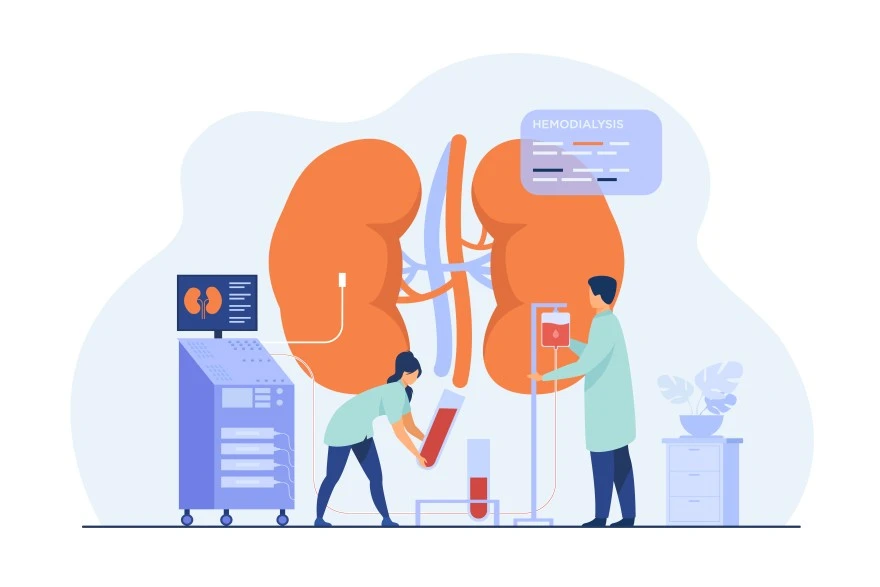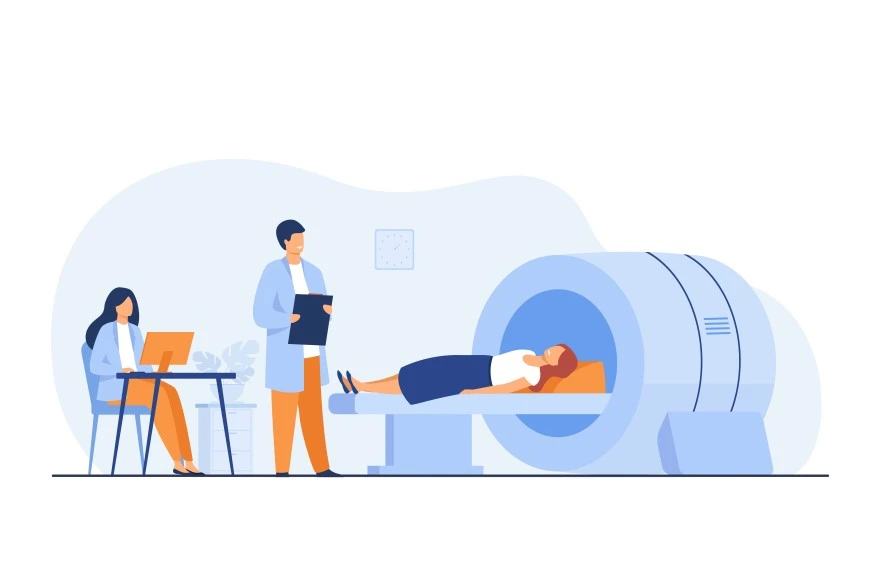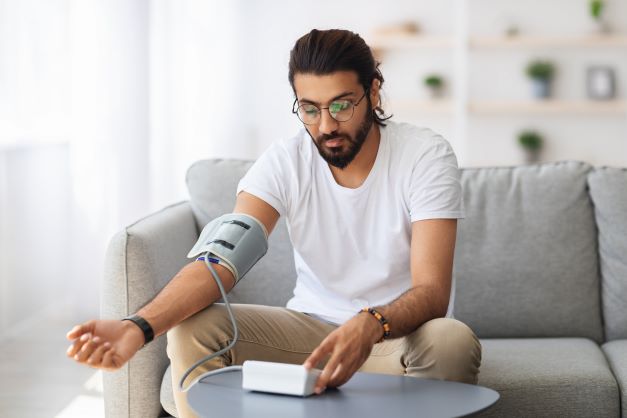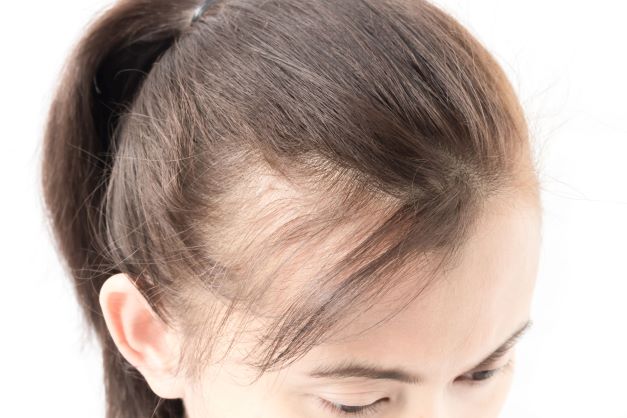Preventive Healthcare
Eosinophils: Definition, Count and Normal Range
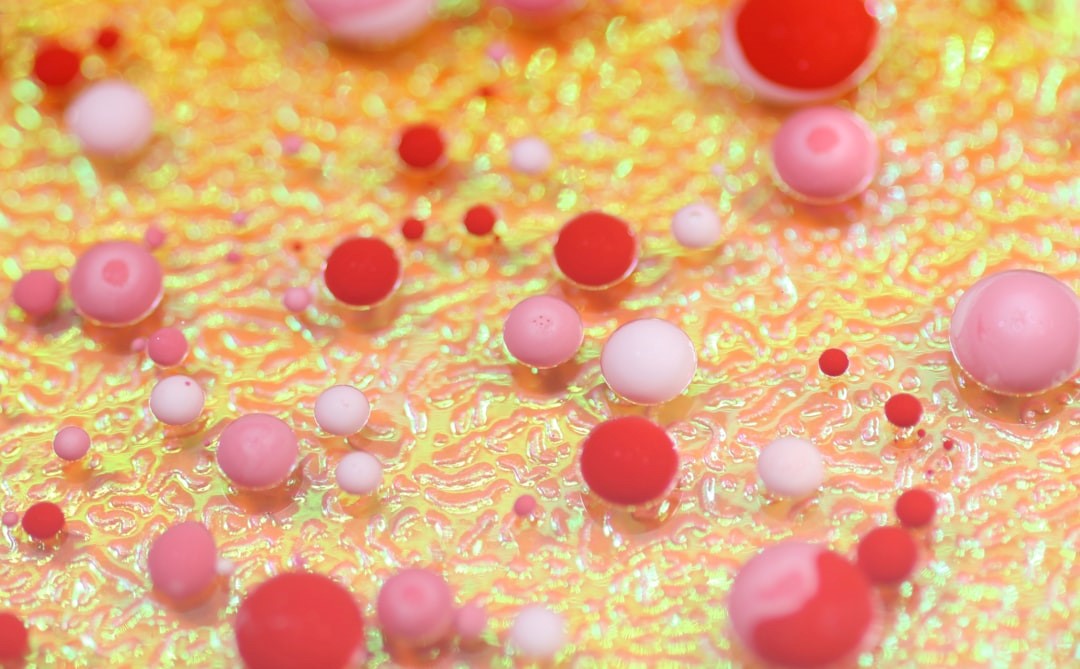
Table of Contents
An absolute eosinophil count is a type of blood test that measures the total number of eosinophils, which are a kind of white blood cells. Eosinophils are white blood cells that become active in some cases such as when you have an allergic reaction, infection or other medical conditions. While the exact role of eosinophils in the body is still unclear, we know that white blood cells are responsible for fighting diseases. This article aims at helping you learn more about the eosinophil count and why it matters.
What are Eosinophils?
Eosinophils are white blood cells created in your bone marrow before travelling to other kinds of tissue. They have two primary functions in the immune system, mainly curbing infections and boosting inflammation, which can, in turn, help fight off diseases. When the number of eosinophils in the blood is higher than the normal amount, it is called eosinophilia. A blood sample in adults will show lesser than 500 eosinophil cells per microliter (mL) of blood, in a healthy adult.
What is an Eosinophil count?
When you undergo a blood test and your results do not fall under the normal range, a doctor might suggest follow-up tests to get a clearer idea of the problem. The follow-up test is called an absolute eosinophil count for a white blood cell differential test. This test helps doctors determine the total number of eosinophils in the bloodstream. Your doctor may also suggest this test if they think you are suffering from certain diseases or conditions, such as
- An extreme allergic reaction
- A reaction to a drug
- Certain parasitic infections
How to prepare for an eosinophil count test?
You do not have to do a lot of preparation for this test. However, informing your doctor if you are on blood thinning drugs or other medications that may affect the test results is essential. Your doctor may advise you to stop taking certain medications before the blood test as they may cause you to have a high eosinophil count in the blood. These medicines include:
- Interferons which are drugs that help treat infections
- Laxatives which include psyllium
- Tranquilizers
- Certain antibiotics
Procedure for An eosinophil count test
You may have to visit a diagnostics lab to give a blood sample or opt for a home sample collection from reputed diagnostic labs. The healthcare professional will then take a blood sample from your arm using the following steps.
- They will clean the site using a swab dipped in an antiseptic solution.
- Then they will insert a needle into your arm and attach a vacutainer/tube that will collect your blood.
- When enough blood is drawn, the needle is removed and a small bandage may be applied to cover the site.
- This sample will be sent to the lab for testing.
Understanding the test results
As an absolute eosinophil count test indicates various diseases, knowing your results is the first step toward getting the necessary treatment.
Normal eosinophil count
If your eosinophil count comes to less than 500 eosinophil cells per microliter of blood, then it is considered to be within the normal range. This number does not apply to kids as their standard range varies with age.
What does a high eosinophil count mean?
If your eosinophil count is higher than the normal range, it can indicate the following:
- An allergic disorder like hay fever or asthma
- Acute hypereosinophilic syndrome which is a rare condition like leukaemia
- Autoimmune conditions
- A parasitic or fungal infection
- Asthma
- Early stages of Cushing's disease
- A reaction to some medication
- Leukaemia or other kinds of blood disorders
- Eczema
What does a low eosinophil count indicate?
Having a low eosinophil count is not an indicator of any disease. Still, it could mean you have too much alcohol in your system or your body is creating an excess of certain steroids, such as cortisol. Meet your doctor immediately to get a prompt diagnosis and treatment.
What happens If you have a high eosinophil count?
An absolute eosinophil count test is essential for diagnosing your problem; your doctor will closely examine the results before moving on to your treatment. The following steps after an eosinophil count include:
- A prescription for short-term treatment of your symptoms may be suggested if your doctor suspects you have a parasitic or allergic infection. This treatment aims at bringing your white blood cell count to normal levels.
- High doses of corticosteroids may be prescribed if your test results indicate severe eosinophilia. This treatment may also include the use of monoclonal antibodies or immunomodulatory if steroid therapy does not help reduce eosinophil levels.
- More follow-up tests may be recommended if your eosinophil count indicates an autoimmune disease. In this case, the tests help identify the type of autoimmune disease you may have.
Your doctor will usually work closely with you to determine the cause of the high eosinophil count and give you clear instructions on what needs to be done to bring your count back to normal.
Conclusion
Eosinophils are a type of white blood cell and an absolute eosinophil count is usually ordered as a part of a complete white blood count differential. This test is generally prescribed when the doctor wants an overall view of your health, as it helps determine whether you have an allergy, infection or other health conditions.
Metropolis Healthcare aims to provide the best quality diagnostic services to our customers. Our highly trained technicians offer home sample collection services, so you do not need to leave the comfort of your home to access healthcare. Check out our blood diagnostic tests and health package list for more information.








